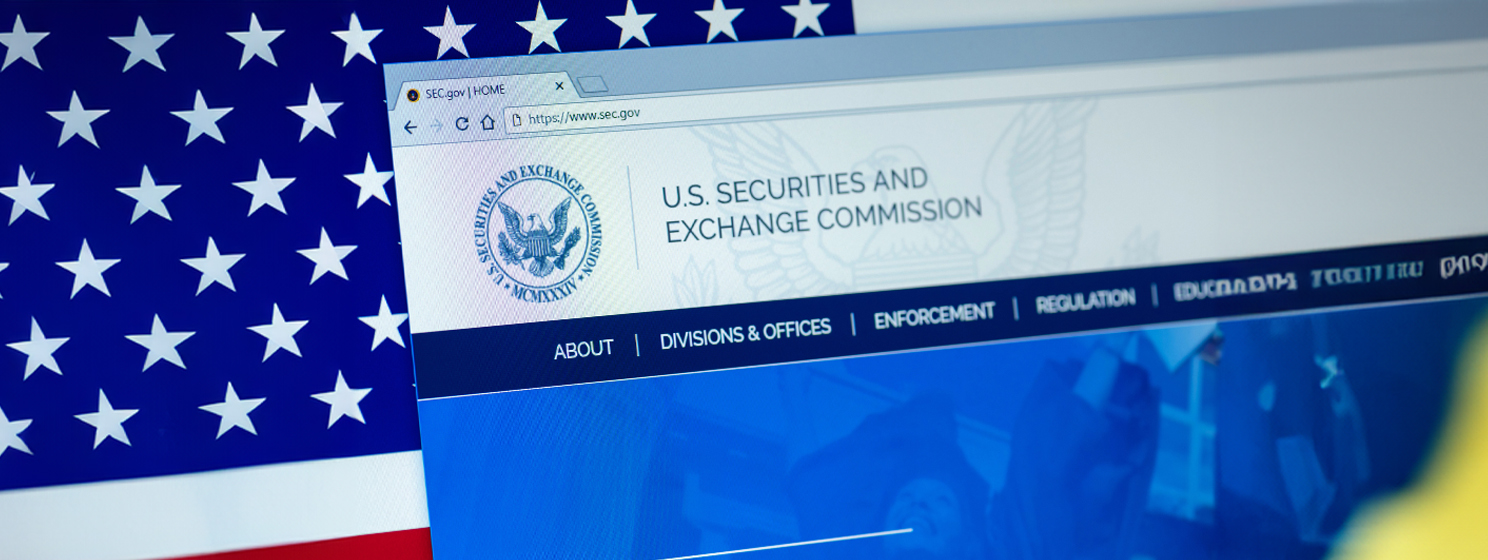
|
Getting your Trinity Audio player ready... |
The Pacific island of Palau is building its first bond issuance platform on the blockchain to enhance efficiency and cut costs.
Palau’s government has tapped Japanese financial technology firm Soramitsu for the project, Nikkei reports, citing sources with knowledge on the matter. The Tokyo-based firm won the tender in June and will seek to launch the platform on a trial basis in fiscal year 2024. If all goes to plan, the live version will launch in 2025.
Soramitsu is one of Asia’s leading blockchain payment rail developers. The company was behind Bakong, a blockchain-based real-time payments system powered by a ‘quasi-digital currency.’ Bakong was designed to reduce the tiny nation’s reliance on the United States dollar, and it has been a massive success. By December 2023, it was estimated to have onboarded two-thirds of the population and boosted financial inclusion, while its integration with other payment systems, like China’s Alipay, is easing cross-border payments.
Besides Cambodia, Soramitsu is testing a similar product with Laos, running a central bank digital currency (CBDC) feasibility studies for Vietnam and the Philippines, and working on cross-border payment technology with a consortium that includes Japan’s largest bank, MUFG (NASDAQ: MUFG).
In Palau, the proposed bond issuance platform will allow the government to issue bonds to investors and manage interest payments.
Like many island nations, Palau is largely dependent on the U.S. The greenback is its official currency, and most of its people bank with U.S.-based institutions like the Bank of Guam and the Bank of Hawaii. This denies the government the opportunity to tap its citizens’ savings through bonds.
Palau is a small nation with an estimated population of 18,000 and its gross domestic product (GDP) at $251 million. This results in financial constraints when executing national projects, and the bond issuance platform is no exception. It was one of the key reasons the country decided to build on the blockchain.
According to sources who spoke to Nikkei, the project would cost $630,000, less than half of a non-blockchain system.
Blockchain’s immutability eliminates the risk of faked data. Its decentralized nature also removes a single point of failure and makes an attack difficult and very costly. In conventional systems, Palau would have to implement robust cybersecurity measures to solve these challenges, adding to the cost.
The Japanese government will participate in Palau’s blockchain bond platform, with the Ministry of Economy, Trade and Industry selecting it as an aid recipient. It will also provide project management services through its foreign and economy ministries.
Watch: BSV blockchain turns developers’ vision into reality

 11-22-2024
11-22-2024


